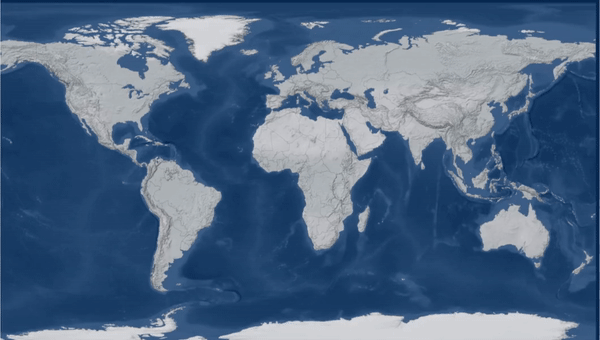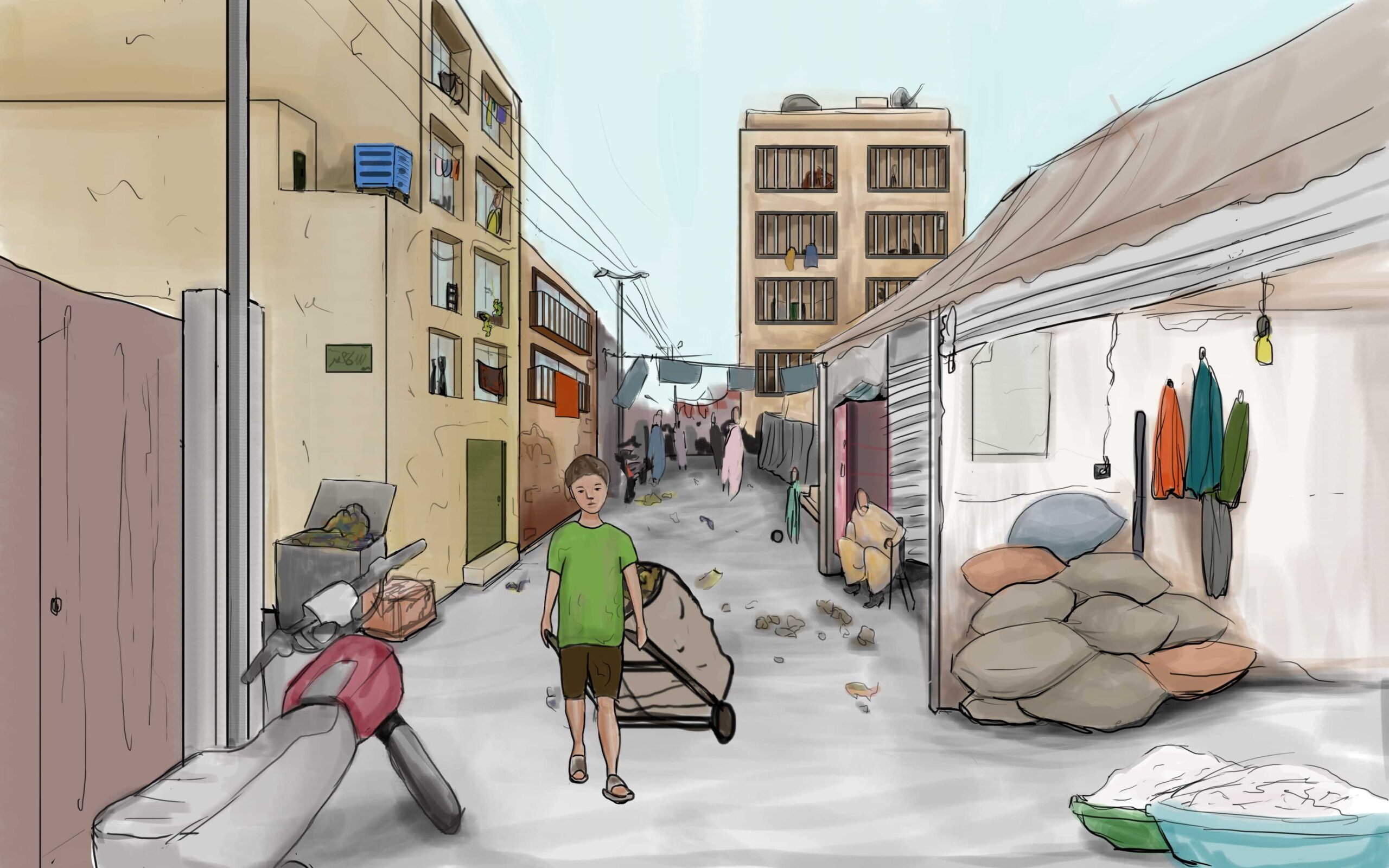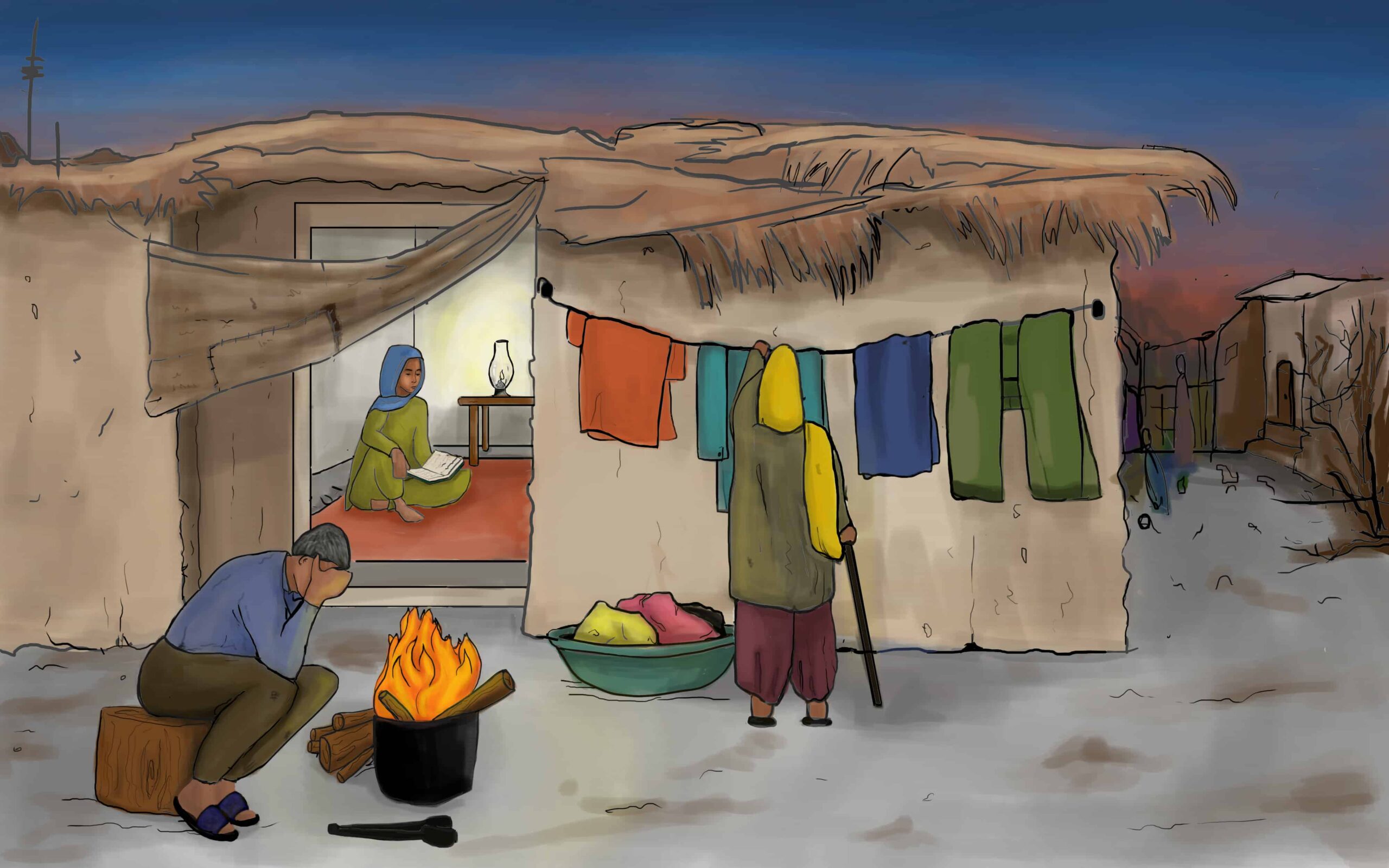Flipping through the pages of her worn textbook, guilt washes over Farzana as she recognizes her unique situation. Not many girls from Machar Colony study past grade school—some without the opportunity to enroll at all. The majority of her ethnic Pakistani-Bengali village remains illiterate, as poverty within their marginalized community engulfs their everyday lives. But Farzana’s parents knew their daughter was special. After many years of taking on multiple low-wage jobs to ensure Farzana could access school books and a tutor, their overall health has deteriorated as years go by without the medical treatments they need.
Due to political divisions and ethnic discrimination—Farzana’s parents, born in present-day Pakistan, are considered stateless foreigners in the only place they’ve ever known. Deprived of education, mobility, healthcare, and with no birth certificate—Farzana by definition, is stateless too.
She dreams of traveling abroad, enrolling in college, becoming a doctor, and returning home to serve the village that raised her. However, with Farzana’s precarious legal status, her hopes for the future often wane as the present political situation persists.
For now, she continues to study day and night, aiming to receive a scholarship and visa abroad. Indebted to her parents for sacrificing their lives and health, Farzana knows she’ll have the proper knowledge one day to treat her ailing mother and father—returning to them just an ounce of what they’ve gifted her—a chance at life in a world rejecting her existence.


